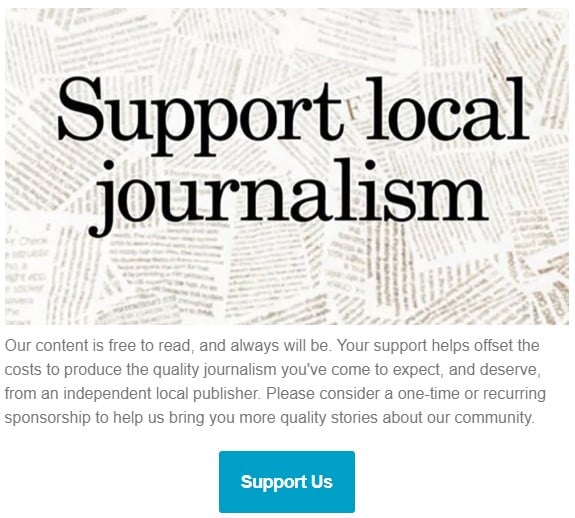Climate problems may seem overwhelming, but people all around the United States are taking action. This week we’re looking at NEW JERSEY and the question is: How best to get the next generation familiar with the climate challenges we are facing?
New Jersey is already suffering many effects of climate change such as intense storm events causing disappearing shorelines and inland flooding, and excess nutrients in waterways causing toxic algal blooms. These conditions are literally exposing another big problem: toxic waste dumps. New Jersey has more EPA Superfund hazardous waste sites than any other state (114 as of Oct 2021). Major rain events and erosion can carry contaminants from industrial sites to neighborhoods, drinking water supplies, and throughout the natural environment.
Perhaps because of its problematic history with industrial pollution, the Garden State has been proactive about the climate challenges it is now facing. For more than 10 years it has been addressing energy efficiency and sustainability in cities, towns, and schools in a big way.
New Jersey started a conservation program in 2009, focused on helping municipalities tackle energy efficiency reductions through grants and technical support. Sustainable Jersey is a partnership among a broad coalition of state agencies, nonprofits, foundations, colleges, universities, and industry stakeholders. Sustainable Jersey expanded into schools and school districts in 2014, and then it caught on in a big way. As of 2022, 82% of NJ cities and towns and 60% of schools are participating, touching the lives of 91% of the state’s residents.
Now New Jersey has implemented the most important piece of its sustainability program: the adoption of public school climate curriculum standards for all grades K-12. Bringing climate education to schoolkids was a project spearheaded by First Lady of New Jersey Tammy Murphy. The NJ School Board passed the program in 2020, but roll-out was delayed by the pandemic. The program is now underway, with $5 million allocated in the state budget for school year 2022-23.
Recognizing the importance of expanding climate studies beyond the science classroom, the new standards give children a variety of avenues for exploration, expression, and problem-solving in the social sciences, arts and literature, and more. It also suggests practical solutions to very local problems such as reducing indoor and outdoor pollution from vehicles idling at pick-up/drop-off times at schools (buses and family vehicles), especially when near HVAC intake vents at the school.
The climate curriculum draws on a variety of resources, most free to the district and to students and their families. They include developmentally appropriate science lessons, hands-on activities in science and art, reading/writing, math, and multimedia, all designed for flexible “plug and play” use.
I recommend the following short video from December 2021 for just a taste of the kind of programs, outreach, community buy-in, and enthusiasm surrounding existing sustainability programs. The Delran School District has repeatedly won awards from Sustainable Jersey. These programs, which the school has already launched, will dovetail with the new curricular standards.
YouTube Video (note: the audio starts at 34secs)
2021 Green Team Collaboration Award: Delran Township School District & Delran Township Green Team [~4 mins]
A close runner-up is the equally short YouTube video 2021 Elementary School Champion Sustainable Jersey for Schools: G. L. Catrambone Elementary
Want more about the nuts and bolts of how New Jersey brought the climate curriculum standards into school communities? Listen to the podcast below, which illuminates strategies to bring school teachers and staff on board, even climate deniers. Are you an educator? You may find it informative. If you have internet access, you’ll be able to listen to this program.
Podcast: Talking with Green Teachers (4/16/22)
Episode 34: Inside New Jersey’s climate change ed. breakthrough [~37 mins]
Let me know if you have a podcast to recommend, have a comment about my column, or have trouble finding a particular podcast I’ve mentioned. Happy listening!
[email protected]
Note: This column, part of a series looking at examples of positive climate action, state-by-state, first appeared in the Forest County News Journal 01-04-2023. If you are interested in this state’s topic, check online for updated news, as a lot may have changed in a year and a quarter.






























